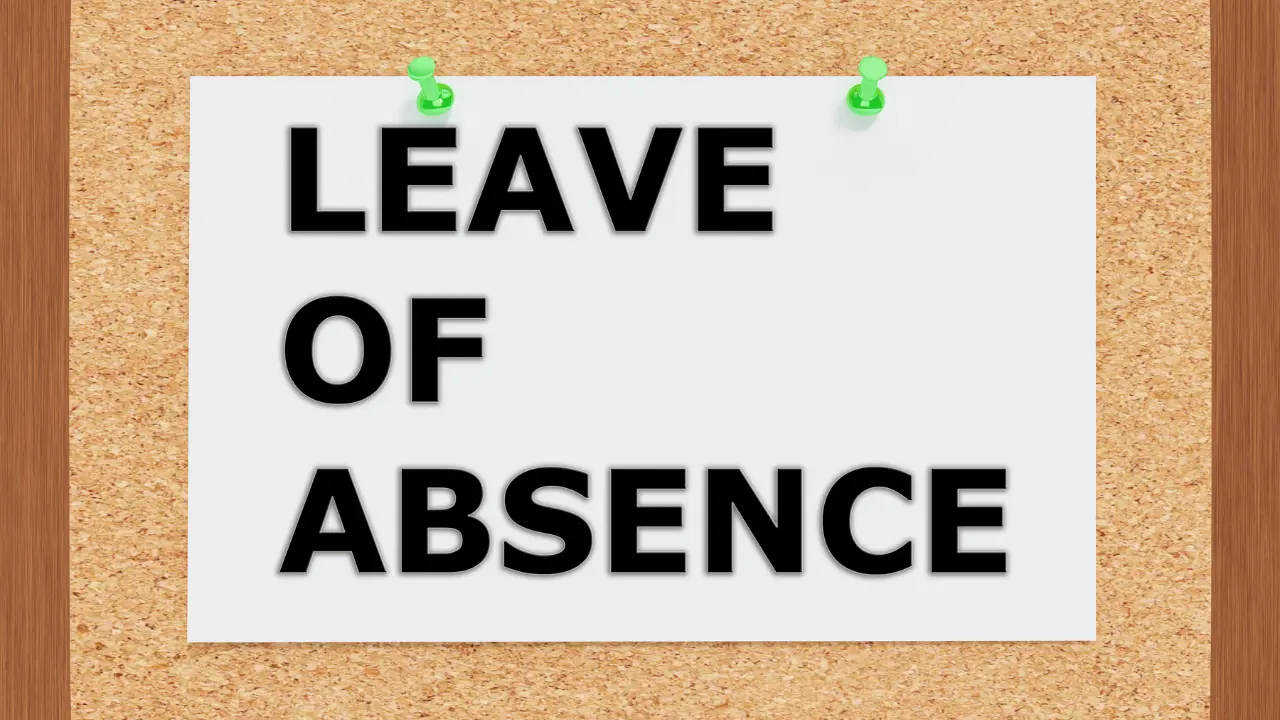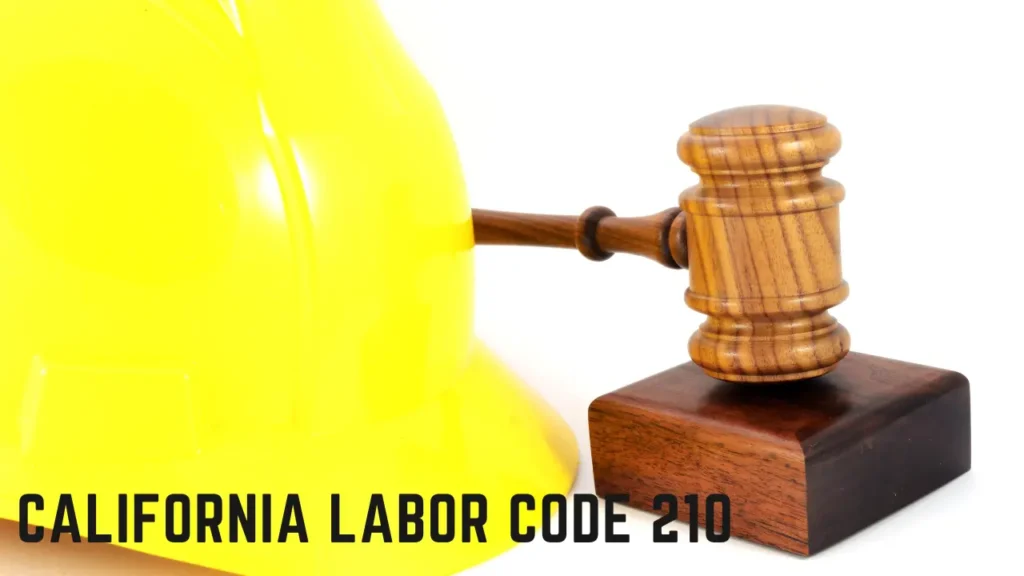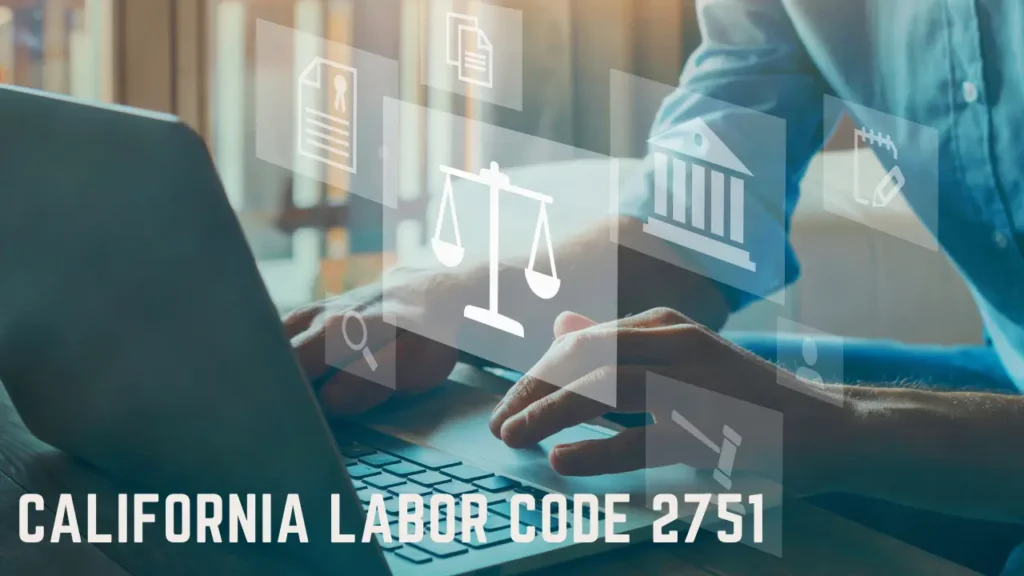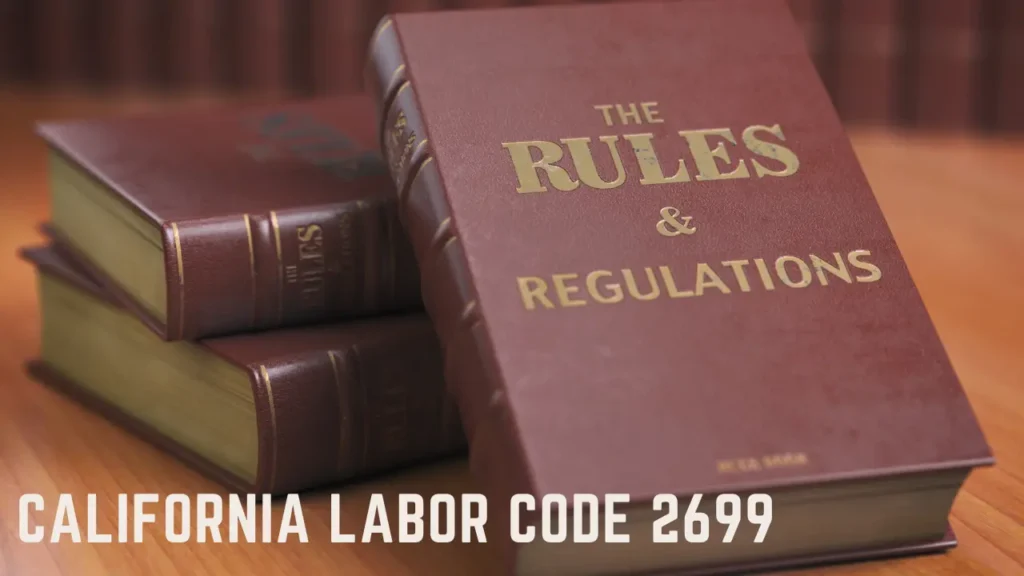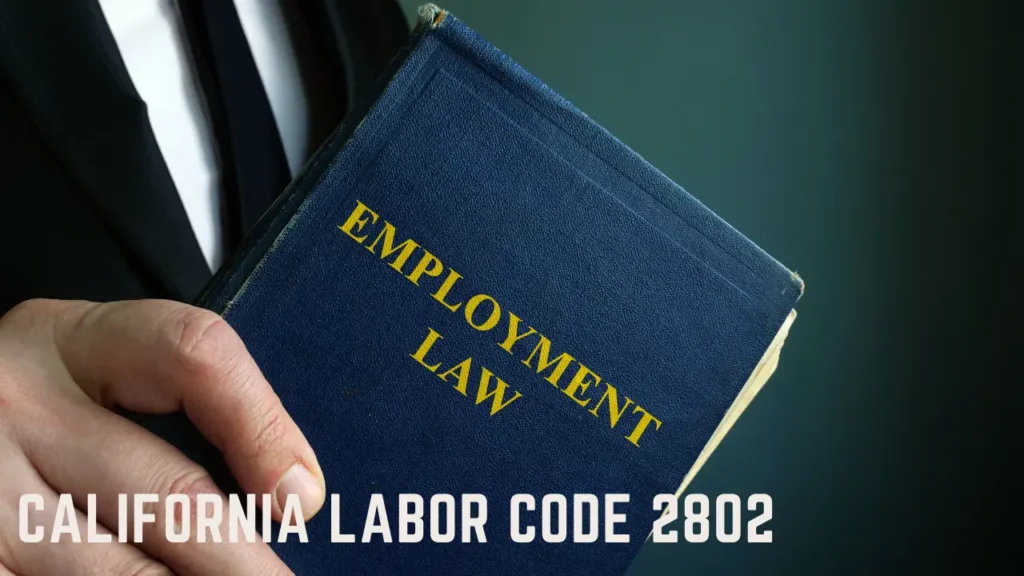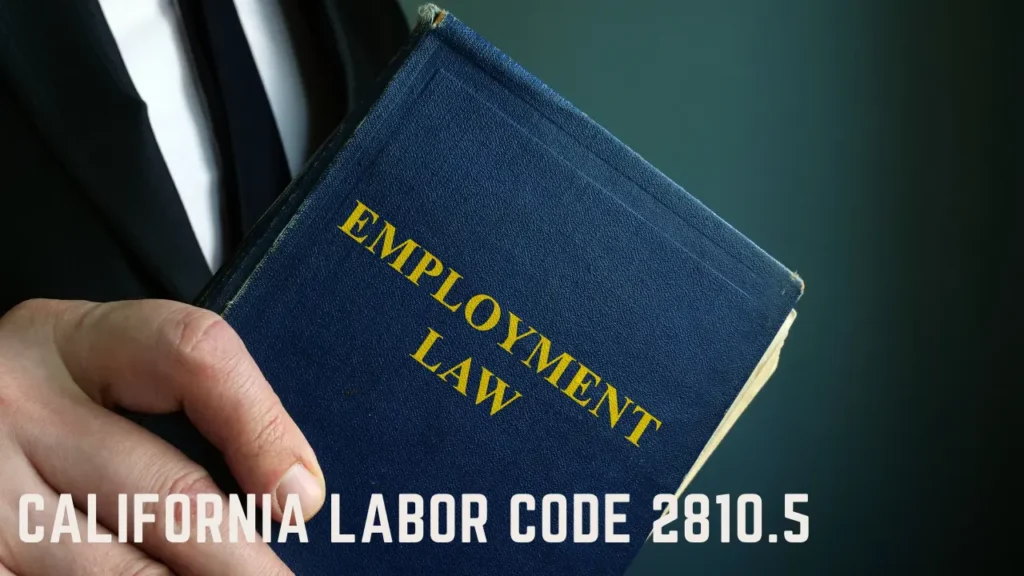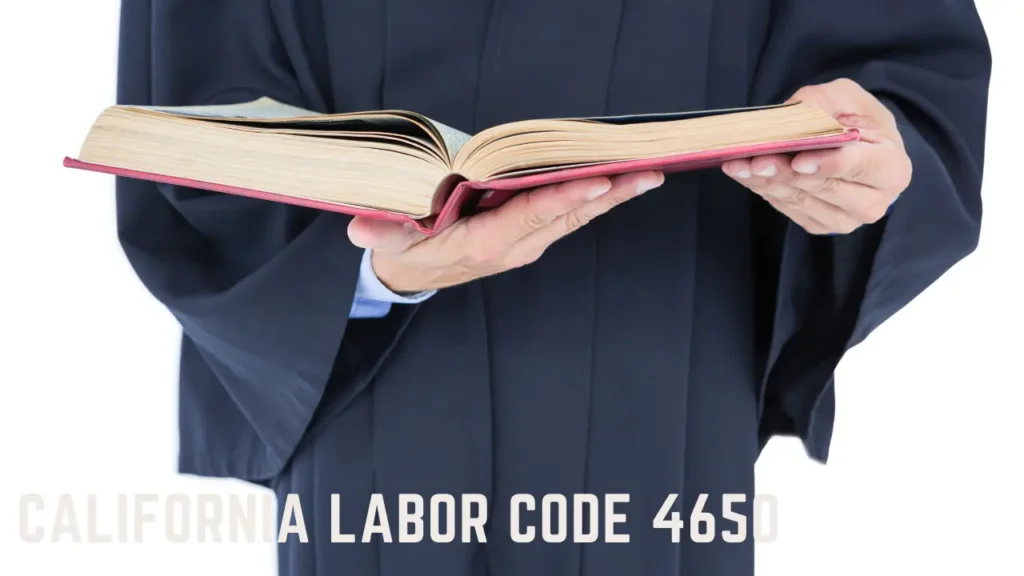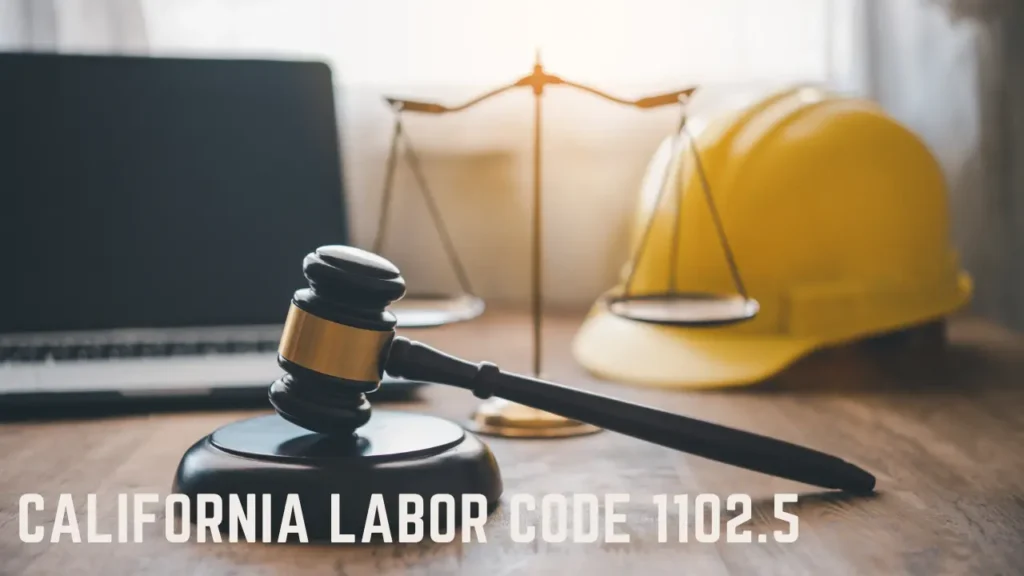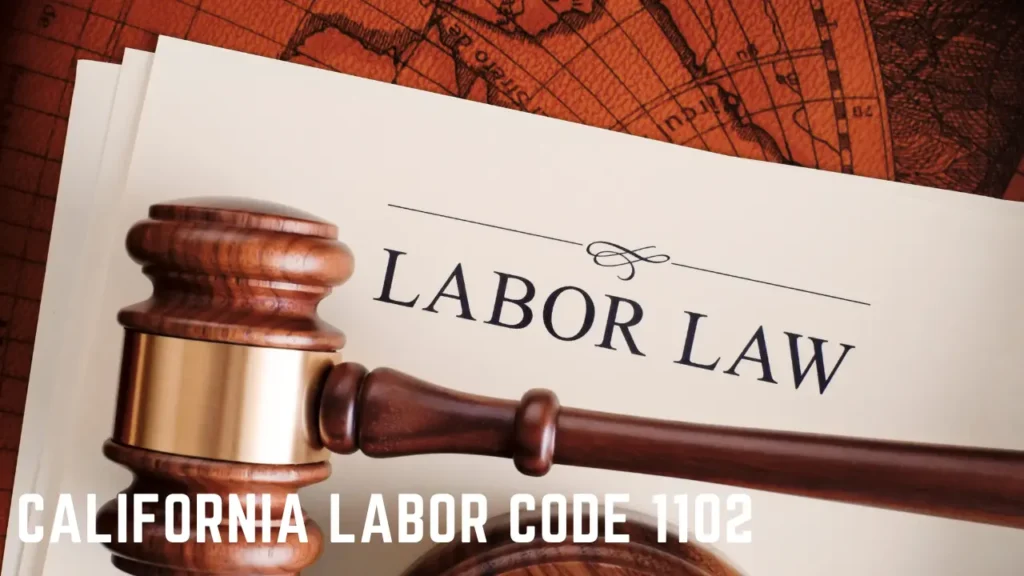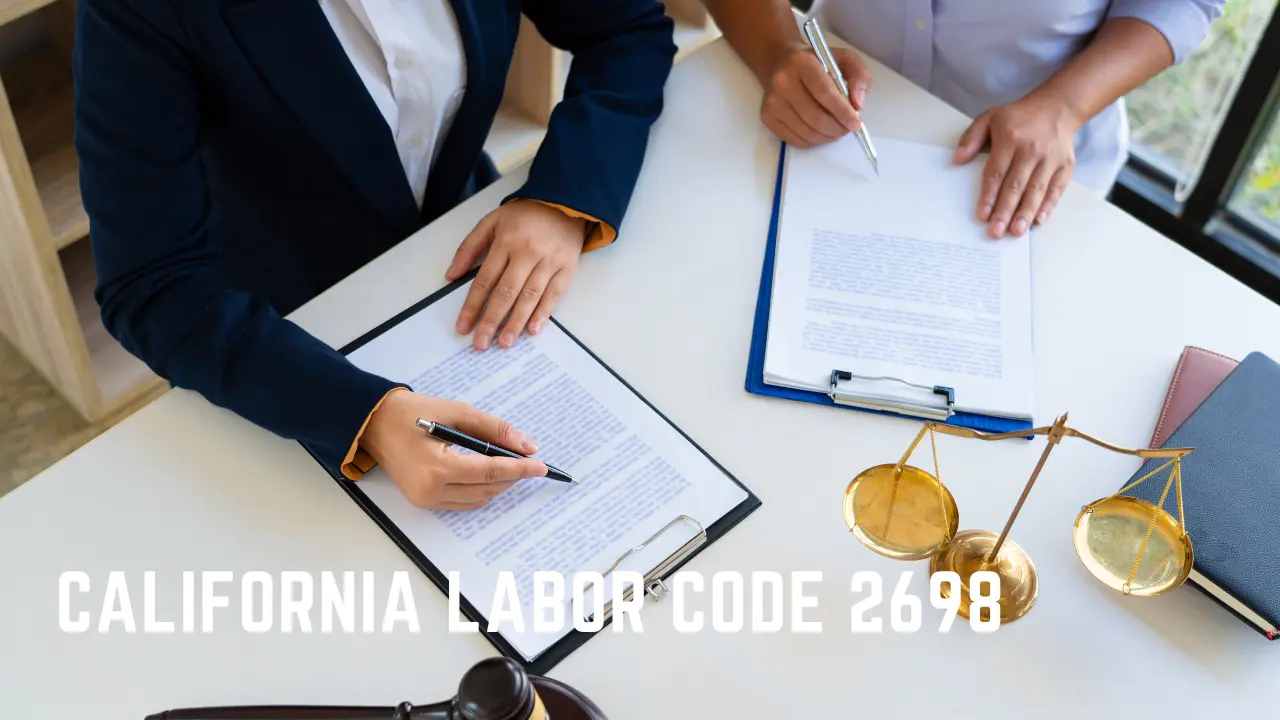Table of Contents
ToggleRelax, you’re not alone in this. This comprehensive guide is your lifeline, designed to navigate you through the complexities, shed light on the uncertainties, and ensure you understand your rights and responsibilities.
Let’s set sail, shall we?
Understanding Leave Duration and Payment
In understanding the dynamics of leave duration and payment in California, it’s crucial to know that the length of your leave can vary from as little as 2 hours for voting leave to as long as 4 months for pregnancy disability leave.
While some leaves like sick leave or kin care leave are paid, most aren’t unless stated in your company’s policies. You might be eligible for payment through temporary disability insurance or Paid Family Leave (PFL) programs. If you’re injured on the job, workers’ compensation may cover you.
Bereavement leaves are usually at the discretion of your employer. And remember, California law requires employers to comply with these leave durations and payment regulations, so it’s important to know your rights.
Job Protection and Reinstatement Rights
While you’re on leave in California, you’re generally protected by law to keep your job or return to a similar position, underscoring the state’s strong commitment to worker rights. Here’s what you should know:
- Job Protection: Most leaves, like family or pregnancy leaves, ensure your job is secure. If your employer denies reinstatement, you can take legal action.
- Reinstatement Rights: When you return, you’re entitled to your earlier job or a similar one. Non-compliance by employers can lead to legal consequences.
- California’s Stance: Known for being worker-friendly, California mandates employers to strictly adhere to these rights.
Eligibility for Benefits During Leave
You might wonder about the benefits you’re eligible for when taking a leave in California – let’s delve into that.
As a worker in California, you might be eligible for Paid Family Leave (PFL), providing up to 8 weeks of benefits. PFL covers situations like caring for family, bonding with a new child, or offering military support. Benefits typically range from 60-70% of your weekly wage, with eligibility based on your employment status and wage deductions.
For unemployment benefits during leave, you need prior State Disability Insurance deductions. These benefits apply in specific situations, like caring for a family member with a serious health condition. Remember, each leave type has specific eligibility criteria and benefits.
Overview of Specific Leave Types
Navigating through the variety of leaves available in California, it’s crucial to understand each one’s specific eligibility criteria, duration, and benefits. Here’s an overview:
- Family Medical Leave Act (FMLA) and California Family Rights Act (CFRA): Grant 12 weeks of leave for serious health conditions, birth or adoption of a child, or to care for a family member.
- Pregnancy Disability Leave (PDL): Allows up to 4 months off for pregnancy-related conditions.
- Paid Sick Leave: Provides workers with paid time off for personal illness or to care for a sick family member.
Each leave type has specific eligibility criteria. For instance, FMLA and CFRA require you to have worked at least 1,250 hours in the 12 months preceding the leave. Understanding these specifications helps you utilize your rights effectively.
Navigating Denial of Leave Requests
Despite understanding the specifics of various leave types in California, you may still face situations where your leave request is denied. It’s important to understand that employers generally can’t deny leave under state or federal laws unless specific circumstances like lack of coverage, eligibility, or notice exist.
If your leave is denied due to insufficient information or proof, you should provide the necessary documentation promptly. If you’re denied Family and Medical Leave Act (FMLA) or California Family Rights Act (CFRA) leave, double-check the criteria; you may have overlooked something. Remember, employer-provided sick leave could be denied based on contract terms, but California’s stringent regulations protect your rights.
If you believe your leave rights have been violated, you can take legal action.
Legal Considerations for Leave Denial
When it comes to legal considerations surrounding the
denial of leave, it’s important to understand that California’s robust labor laws provide numerous protections for employees.
- *General Protection*: You’re protected from retaliation or discrimination for invoking your leave rights. Employers can’t terminate, demote, or penalize you for requesting or taking leave.
- *Denial Grounds*: Employers may deny leave if you’re ineligible, didn’t provide sufficient notice, or lack proof of need. If denied wrongly, you have legal recourse.
- *Legal Recourse*: If your leave rights are violated, you can file a complaint with the Labor Commissioner’s Office or sue your employer for damages.
Paid Family Leave (PFL) Explained
Building on the understanding of leave rights in California, let’s now focus on the specifics of Paid Family Leave (PFL), a unique benefit program that supports employees during significant life events.
As an employee in California, you’re entitled to up to 8 weeks of PFL benefits. This can cover scenarios such as caring for a family member or bonding with a new child. The benefits typically fall between 60-70% of your weekly wage.
To qualify, you need to meet certain criteria, including employment status and wage deductions. If you’re unemployed, you can still access certain benefits, provided you’ve made prior State Disability Insurance deductions.
Accessing Unemployment Benefits During Leave
Understanding how to access unemployment benefits during your leave is crucial, especially if you’re facing a significant life event. In California, these benefits can serve as a financial lifeline when you’re unable to work. Here’s how to access them:
- Determine Eligibility: Confirm that you’ve paid into State Disability Insurance (SDI). This is a prerequisite for accessing benefits.
- Prepare Documentation: Gather proof of your reduced work hours or job loss. You’ll need this evidence to verify your claim.
- Apply Online: Use the EDD’s UI Online system to submit your claim. It’s the fastest, most convenient way to file.
California’s Unique Worker Protection Laws
In the realm of employee rights, California stands out with its unique worker protection laws, ensuring robust safeguards for employees across various aspects, including job reinstatement and leave rights. You’re entitled to varying leave durations, from two hours for voting to four months for pregnancy, with a range of paid and unpaid options detailed in company policies.
You also enjoy job protection during most leaves, legally ensuring your return to the same or similar job. Denial of reinstatement can lead to legal actions. Eligibility for benefits like Paid Family Leave depends on factors like employment status and wage deductions. Remember, employers can’t generally deny leave requests except in specific circumstances.
In essence, California’s laws offer you solid protection during leaves.
Leave Laws and Employer Compliance
Navigating California’s leave laws is crucial for employers to ensure they’re in full compliance and safeguarding their employees’ rights.
- Leave Duration and Payment: You must adhere to specified leave durations and payment regulations. Some leaves, like sick leave, are paid, while others are not.
- Job Protection and Reinstatement: Most leaves offer job protection, meaning employees are entitled to the same or a similar job upon return. If reinstatement is denied, legal repercussions may follow.
- Eligibility and Benefits During Leave: Depending on the type of leave, benefits like Paid Family Leave (PFL) and Unemployment benefits may be available. Understanding eligibility criteria is key.
Conclusion
In sum, understanding California’s leave of absence policies is vital for your job security and peace of mind.
From knowing your rights on job protection and reinstatement to accessing benefits during leave, every piece of information is crucial.
Whether it’s Paid Family Leave or unemployment benefits, be sure to understand your eligibility.
Remember, you’re protected under California’s unique laws, and your employer must comply.
Take control, know your rights, and make an informed decision about your leave.

